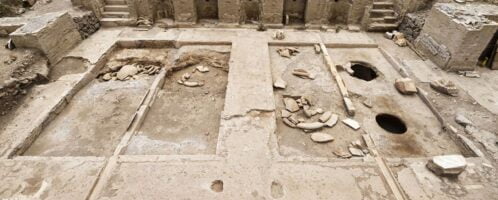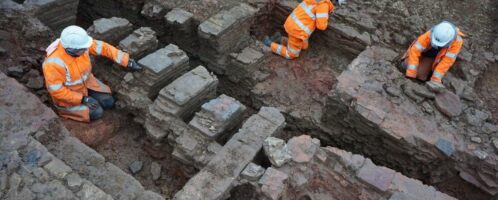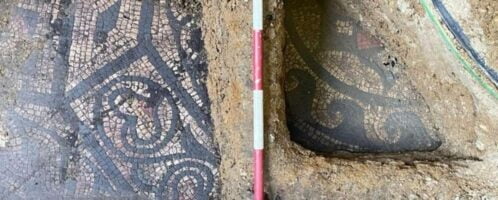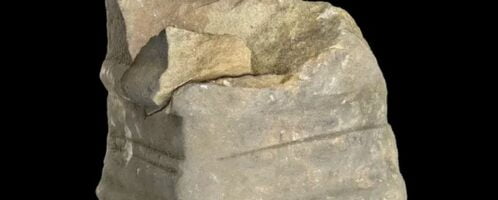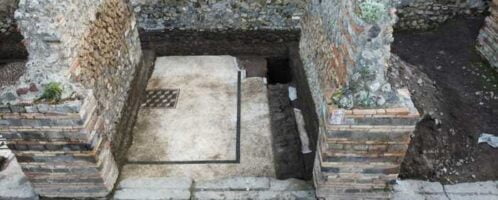Fragment of Roman road has been discovered in Switzerland
In Cologny (south-western Switzerland), a fragment of a Roman road was discovered, which is 60 meters long. The excavated road was 6.5 to 7 meters wide and allowed traffic in both directions. According to the researchers, the trail could connect the Roman villa with the main road route.


